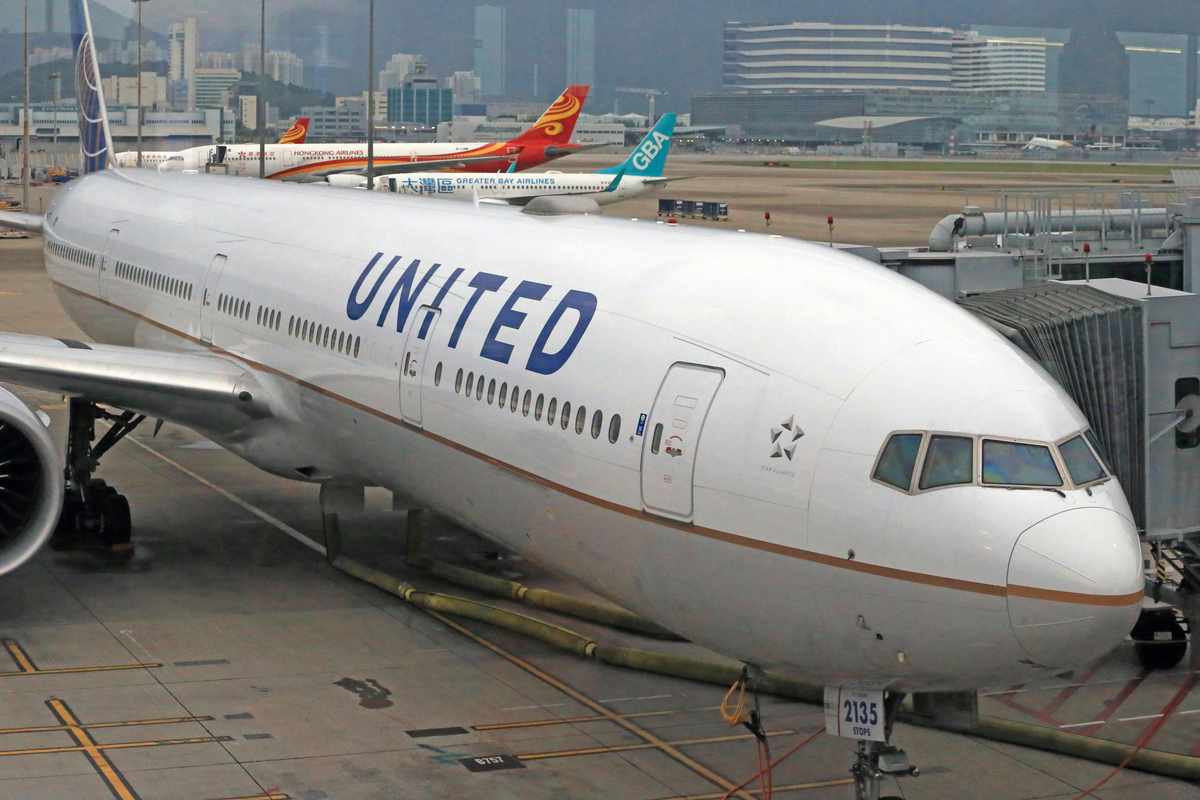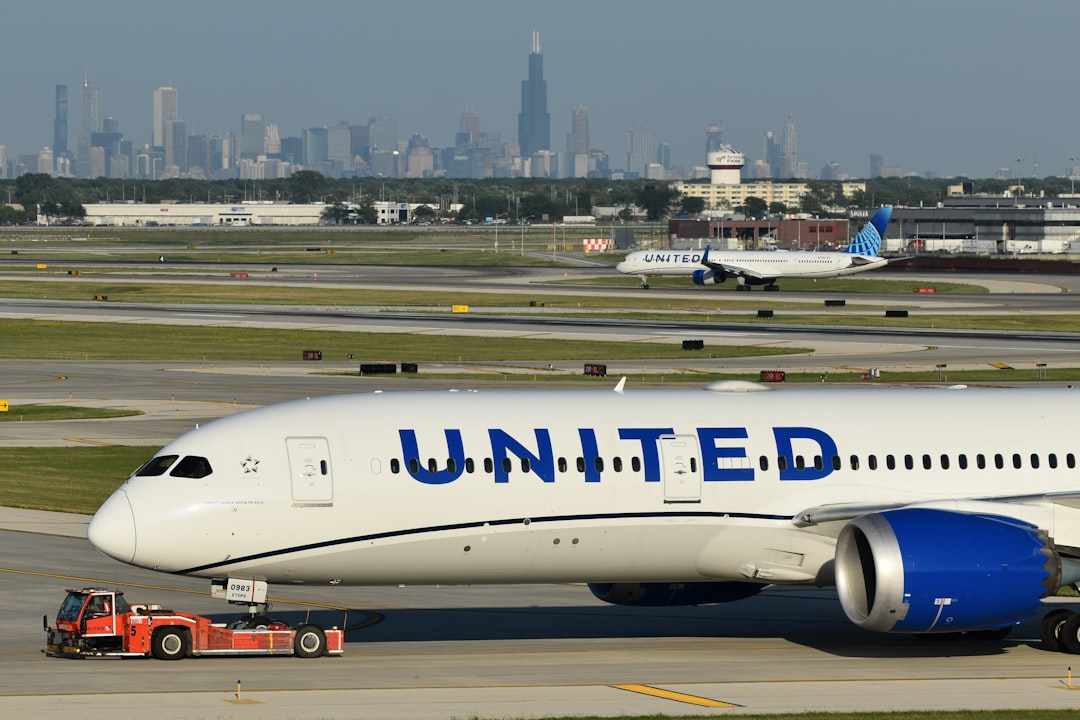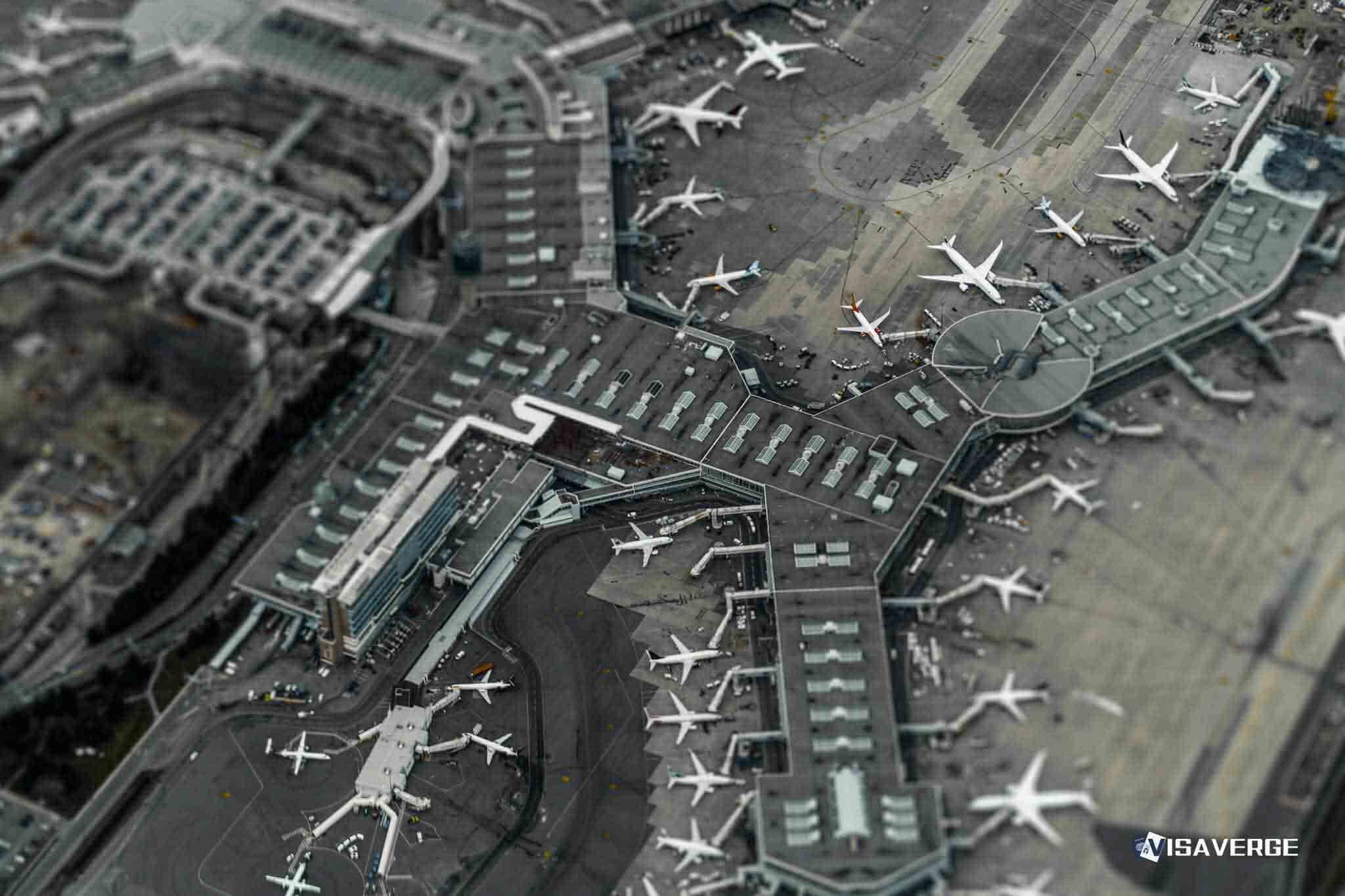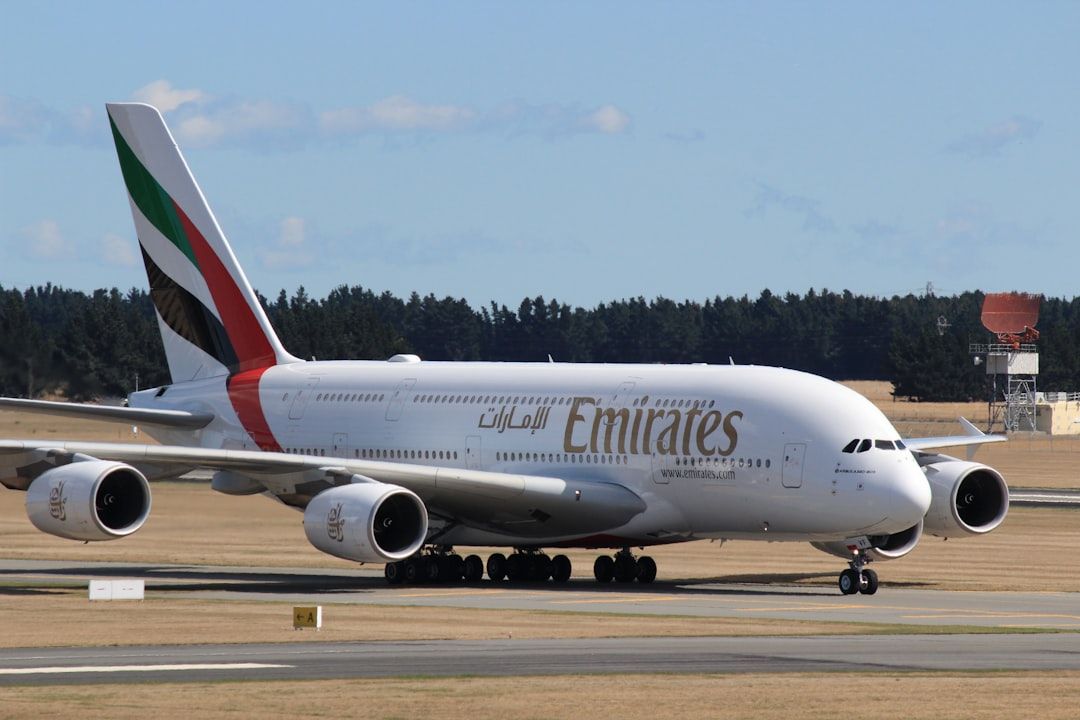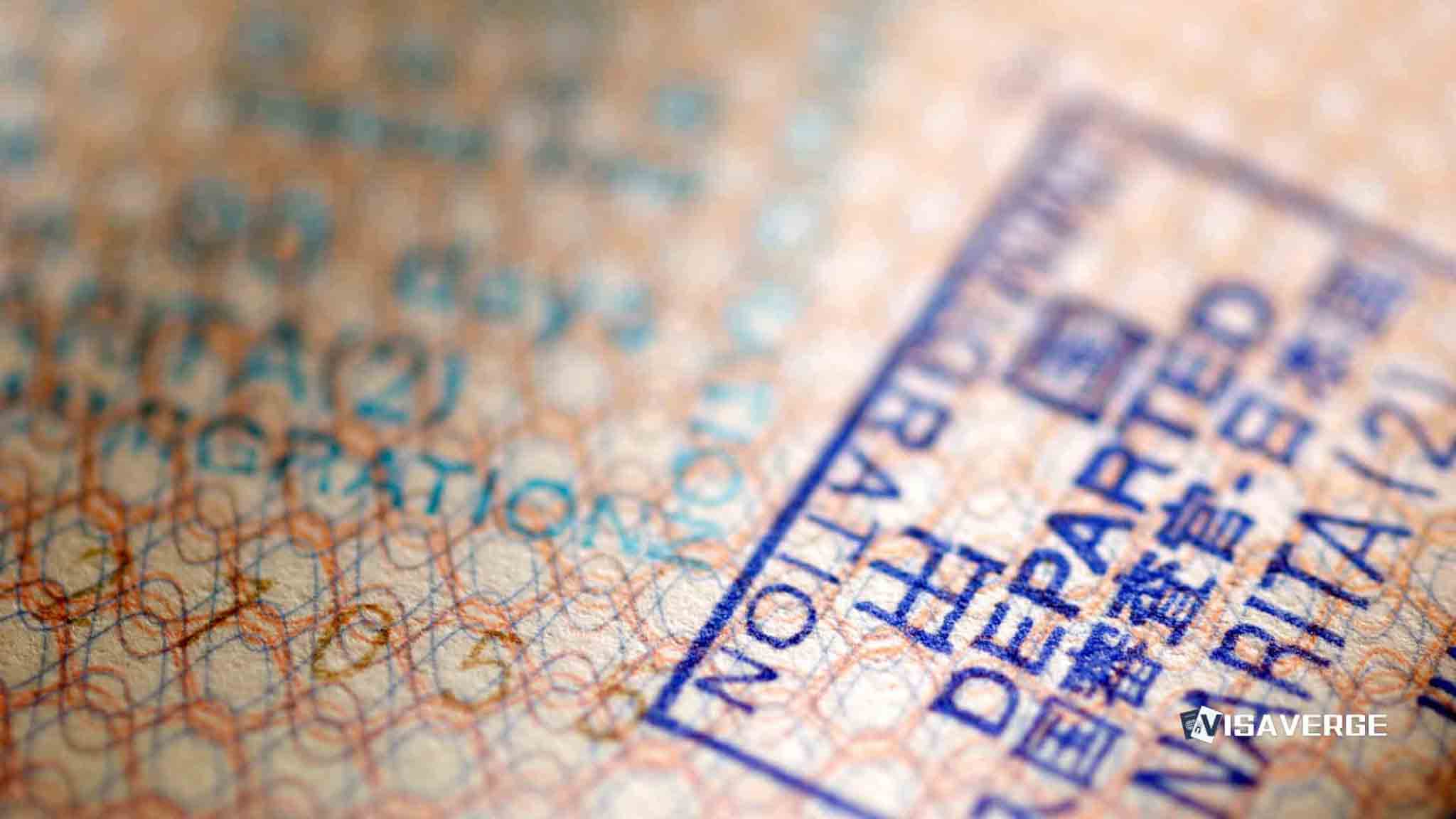Understanding the Decline in Australian Student Visa Approval Rates
In a move to streamline the integrity of its immigration system, the Australian government has implemented new policies that have started to significantly affect visa approval rates for international students. The recent data suggests a worrying trend for prospective students aiming to study Down Under: a noticeable increase in the refusal rates for the Australian student visa.

A Shift in Trends: The Data Speaks
According to the Department of Home Affairs, there’s been a 19% refusal rate in student visa applications in the first half of Australia’s fiscal year. This marks a significant increase compared to previous years – with 10% refusals in 2018/19, 8.5% in 2021/22, and 14% in 2022/23. If this trend continues, the projected impact points towards approximately 91,715 fewer students receiving visas in 2023/24 compared to the 577,295 granted in the preceding year. That translates to an anticipated reduction of about 15%.
Identifying the Target of Increased Scrutiny
The targeted changes to the immigration policy, announced in December 2023, are creating a different landscape for international student applicants. With these adjustments, certain applicants are now finding it more challenging to secure approval. The current system imposes a higher level of scrutiny which includes:
- Enhanced English-language proficiency requirements.
- The implementation of a compulsory “Genuine Student Test”, developed to prioritize individuals whose main objective is education, as opposed to earning work rights, and who are likely to contribute desirable skills to the Australian economy.
As a result, those pursuing lower levels of academic credentials, such as some diploma-level vocational courses, are finding themselves at a higher risk of visa denial.
Phil Honeywood, the CEO of the International Education Association of Australia, shed light on the intentions behind the policy shift:
“The focus has been on winding back a large number of diploma-level vocational students doing courses such as diploma of leadership, and instead the primary focus is on students who can add skills to the Australian economy.”
Strengthening Immigration Integrity
This recalibration of the immigration policy comes with a set of reinforced measures, such as:
- Intensifying scrutiny on high-risk student applications.
- Taking action against unscrupulous education providers.
- Fortifying the student visa integrity unit within the Department of Home Affairs.
- Amplifying the requirements imposed on international education providers.
These measures are designed to minimize the chances of the student visa system being misused by non-genuine applicants. A spokesperson for the Department of Home Affairs voiced their concern:
“The department has seen increasing levels of integrity concerns across the student visa program. The department received higher levels of fraudulent documents, fraud related to English language testing, non-genuine claims and non-genuine subsequent marriages being presented in student visa applications. The department will refuse a visa application to non-genuine applicants who do not meet regulatory requirements and where fraud is present.”
Supporting these sentiments, Education Minister Jason Clare stated:
“The Albanese government’s migration strategy and the other integrity measures we’ve put in place send a clear message that we will act to prevent the exploitation of students and protect Australia’s reputation as a high-quality international education provider.”
Effect on Net Migration
An unintended, or perhaps anticipated, outcome of the stricter policies is the reported decrease in net migration to Australia. This aspect of the policy was expected to produce some downward pressure as the country, like Canada, struggles with an affordable housing crisis – a situation further exacerbated by the influx of international students.
MacroBusiness.com analyzed the data from the Australian Bureau of Statistics (ABS), illustrating a downward trajectory in monthly net overseas migration, signaling a departure from previously seen highs.
Key Takeaways for Students and Education Providers
It is evident that the Australian government is tightening the reins on student visa approvals, predominantly focusing on applicants who are deemed genuine students with the potential to contribute positively to the Australian economy. For students considering Australia for their higher education, it is crucial to understand these changes and prepare accordingly:
- Ensure that the chosen course aligns with the skills currently in demand within Australia.
- Meet the new English-language requirements to avoid being part of the growing Australian student visa refusal rates.
- Get familiar with the Genuine Student Test requirements in Australia, as it is now a critical part of the application process.
- Work with reputable education agents and providers to avoid falling prey to fraudulent operations.
For more detailed information on Australian visa requirements and the Genuine Student Test, prospective students can visit the official immigration website for Australia, Department of Home Affairs.
These are challenging times for aspiring international students, and as Australia revises its immigration policies, it’s vital for all stakeholders to adjust their strategies accordingly. With careful planning and adherence to the new requirements, genuine students still have significant opportunities to pursue their academic and professional dreams in Australia.
Learn Today:
Glossary or Definitions:
- Australian Student Visa: A document issued by the Australian government to allow international students to study in Australia for a specific period of time.
-
Refusal Rates: The percentage of student visa applications that are denied or rejected by the Australian government.
-
Fiscal Year: A period of 12 months used for financial and administrative purposes, often starting on July 1st and ending on June 30th in Australia.
-
Targeted Changes: Specific modifications made by the Australian government to its immigration policies, aiming to achieve certain goals or address specific concerns.
-
English-Language Proficiency Requirements: The level of proficiency in the English language that international students must demonstrate through standardized testing or other means to be eligible for a student visa.
-
Genuine Student Test: A compulsory assessment designed to determine whether an international student’s primary objective is education and if they are likely to contribute valuable skills to the Australian economy.
-
Visa Denial: The act of rejecting a visa application due to failure to meet the necessary requirements or provide sufficient evidence to support the application.
-
Vocational Courses: Education and training programs that focus on practical skills and knowledge required for specific occupations, usually at diploma level or below.
-
Integrity Measures: Actions taken by the Australian government to ensure that the student visa system is not misused and to prevent fraud, including increased scrutiny and stricter requirements.
-
Unscrupulous Education Providers: Institutions or organizations involved in fraudulent or unethical practices related to international education, such as providing falsified documents or misleading information.
-
Visa Integrity Unit: A department or division within the Australian Department of Home Affairs responsible for monitoring and ensuring the integrity of the student visa program.
-
Fraudulent Documents: Falsified or fake documents submitted as part of a visa application to deceive immigration authorities.
-
Net Migration: The difference between the number of people immigrating to a country and the number of people emigrating from that country, resulting in either a positive or negative net migration figure.
-
Affordable Housing Crisis: A situation characterized by a lack of affordable and accessible housing, often resulting in high housing costs, low availability, and difficulty for certain groups, such as students, in finding suitable accommodation.
-
Genuine Students: International students who genuinely seek to pursue education as their primary objective while studying in Australia.
-
Reputable Education Agents and Providers: Trustworthy and reputable individuals or organizations that assist international students in the application and enrollment process, ensuring they receive accurate information and avoid fraudulent operations.
So there you have it! The decline in Australian student visa approval rates is a result of the government’s efforts to strengthen the immigration system and prioritize genuine students who can contribute to the economy. With the new policies in place, it’s important for prospective students to stay informed and take the necessary steps to increase their chances of approval. If you want to dive deeper into Australian visa requirements and stay updated on the latest immigration news, be sure to visit visaverge.com. Happy exploring!
This Article in a Nutshell:
The Australian government’s stricter immigration policies have led to a significant increase in student visa refusal rates. The changes include higher English-language proficiency requirements and a Genuine Student Test. This has affected applicants for diploma-level vocational courses the most. These measures aim to protect the integrity of the student visa system and ensure genuine students contribute positively to the Australian economy. Prospective students should research requirements and work with reputable education providers.



